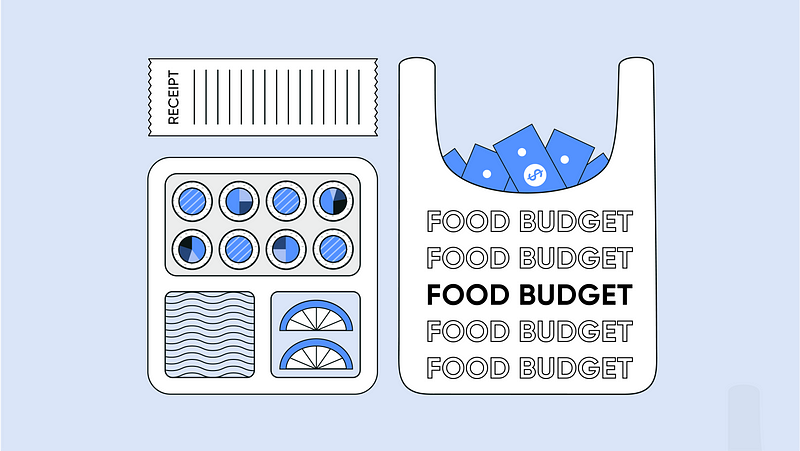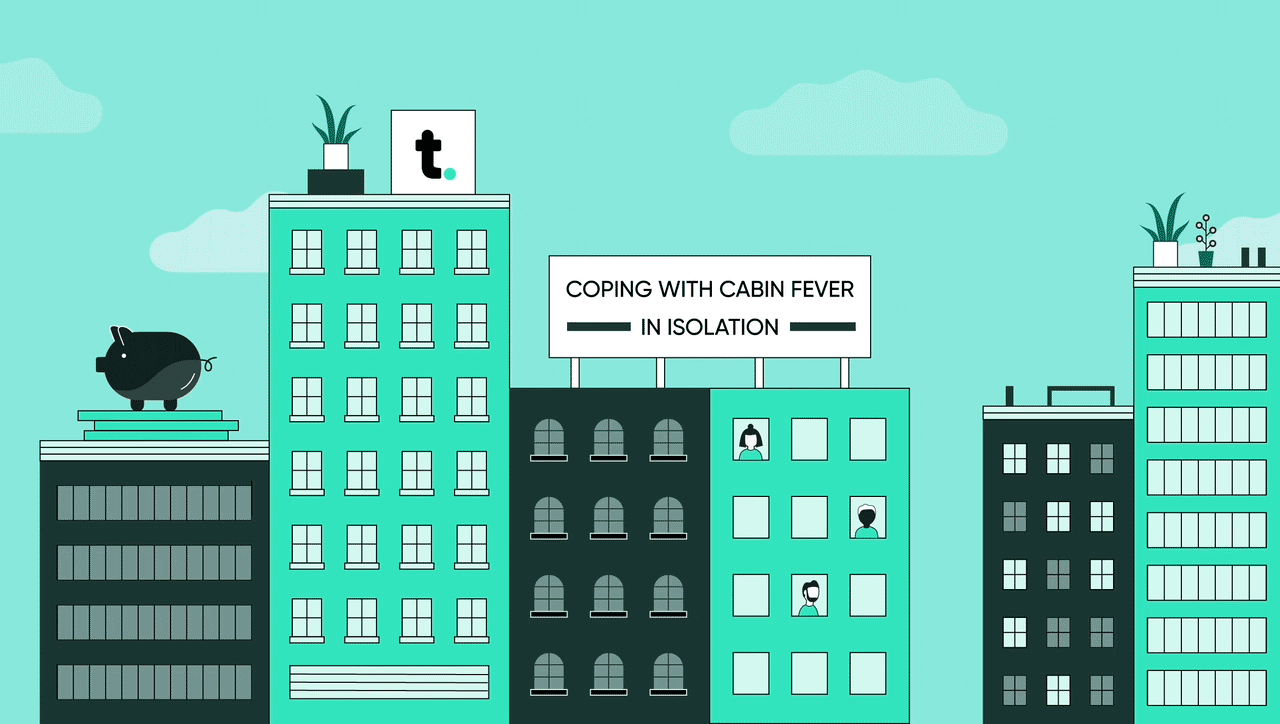
Let’s be honest, we have all found ourselves victim to the temptations of impulsive shopping. It’s difficult to resist the calling of a seasonal sale, especially when this offer comes with the promise of an updated summer wardrobe or a new device for your productive home office set-up. However, the shame outweighs the benefits when we find that our email inbox is overflowing with shipping notices for items that we don’t even remember adding to our online cart. Being increasingly connected online also means being constantly bombarded with advertisements in the form of cleverly written articles and discreet social media posts, all of which may contribute to an increase in impulse shopping. One of the smartest ways to care for your financial health is to understand how to identify episodes of impulsive shopping and learn what you can do to avoid this type of unhealthy consumption.
Understanding temptation
Getting to the bottom of impulsive spending habits is much easier said than done, but it is a necessity in order to help rewire the financial decision making process. Everyone turns to “retail therapy” for various reasons; most times, these reasons allude to deeper emotional needs. Instant gratification is one common reason that many people turn to impulse spending. This stems from a misconception that material items provide aspirational characteristics. Take a second and understand why that “add to cart” button seems tempting. Step back from the checkout page and consider whether these items are truly necessary or if these purchases are being used to distract from something else.
Take inventory
The dangers of overconsumption are very real especially when it comes to items like clothing or cosmetics which can be easy to purchase an excess of, leaving you drowning in backups of backups. Avoid getting into a habit of over-purchasing and stocking up on items especially during sales. If it takes 3 months to get through a bottle of sunscreen, think before buying 4 more bottles during annual cosmetic sales. These items can oftentimes spoil before they fulfill their utility, and you may find that your preferences have changed over time. For clothing, keep a working inventory of your wardrobe in any way that is helpful to you, this can be mentally or written down in your notes app. Know which clothing items you actually wear to avoid buying pieces that seem more aspirational than practical.
Virtual cleansing
Email marketing is effective. Your favorite retailers know this, which is why you get weekly emails detailing sales and deals to your inbox. Some of these may be helpful when you are in the market for certain purchases, but most of the time, these emails are constructed to convince you to buy things you wouldn’t have purchased otherwise. Cleanse your inbox regularly by unsubscribing from pesky marketing emails that got your information from previous purchases. This will help by providing an out of sight, out of mind approach.
Budget for impulse
Impulse shopping is most unhealthy when this habit interferes with your financial health. Knowing when you can afford to indulge in a little bit of instant gratification makes all the difference from using impulsive spending as a crutch for other issues. Every week or so, put aside a bit of your spending budget so that you can make a guilt-free purchase at the end of the season. Financial health involves mindful habits that allow for both necessities and luxuries without worry.



